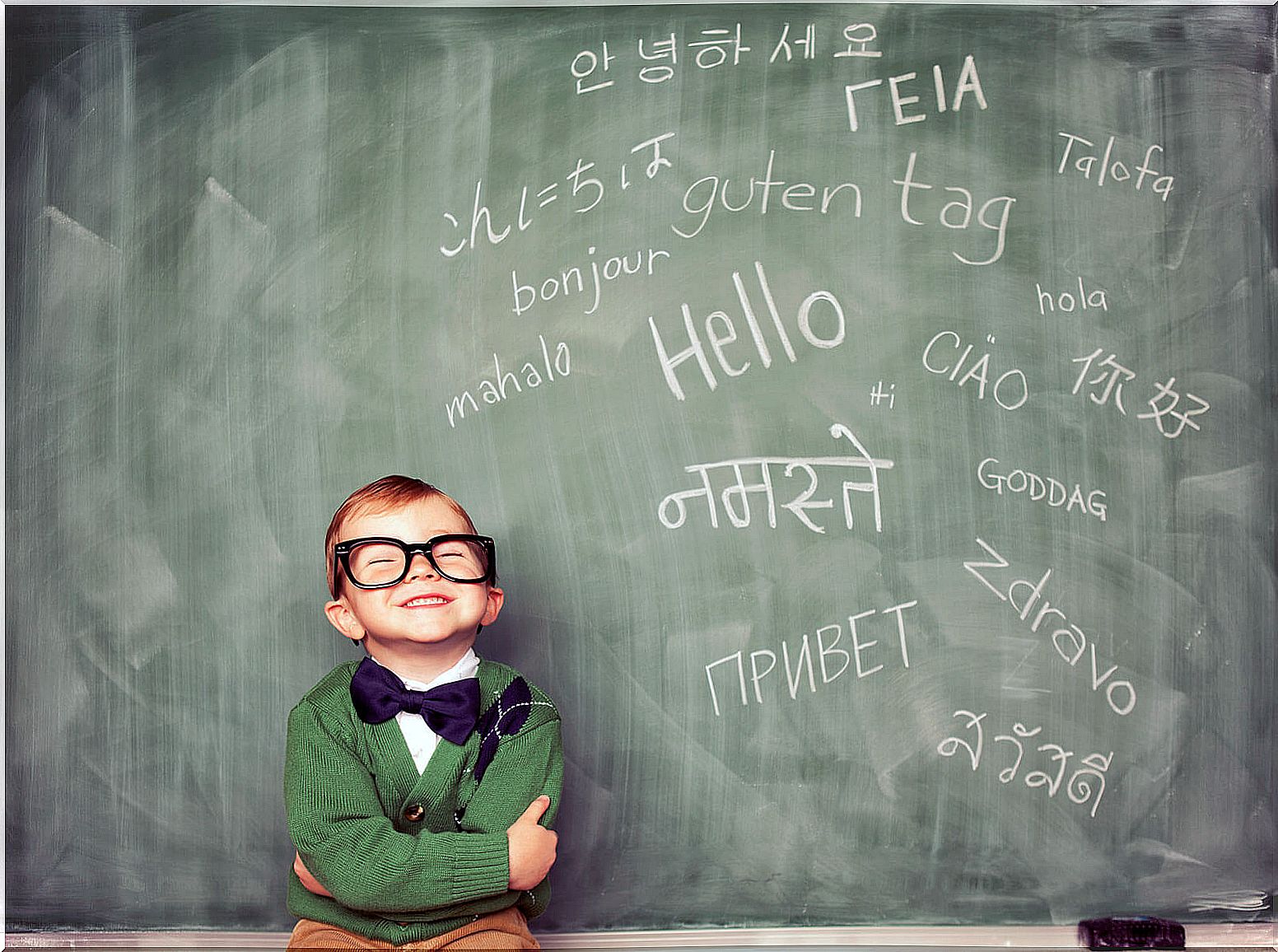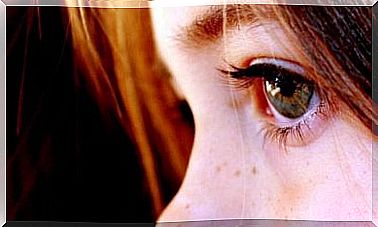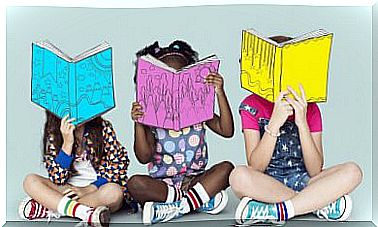What Is The Right Age For Children To Learn Another Language?
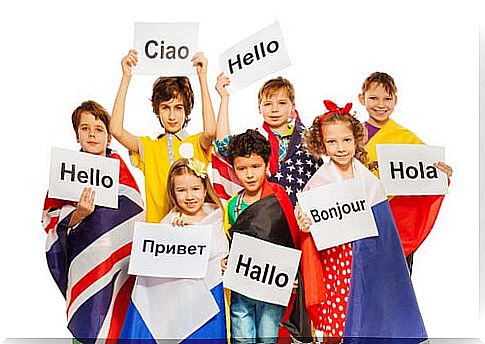
Learning another language is very necessary in our current society. For example, studying English can be vital in many ways. For this reason, many parents prefer that their children begin to acquire the main knowledge of a second language early. However, some people worry about the amount of activities and knowledge that many times they want to impose on the little ones.
What do the specialists say? Is it convenient for a child to learn another language? At what age should I do it? Despite widespread doubts, today there are many options for children to learn another language. In particular, it has become a priority for children to learn English. Language classes are given in most schools, something that does not cause much concern for parents.
In any case, there don’t seem to be too many caveats about the recommended age for learning to speak another language. Generally, it is the parents themselves who are looking for their children to study this type of study. What is wanted in most cases is to give them more opportunities for the future.
However, it is necessary to ask ourselves if we are getting too far ahead of events. The idea is that the child grows as a child, without pressure or overload of activities. Is it appropriate for them to take English classes at age three? Do I miss the opportunity to teach it if I let the time pass? Here we tell you what the experts say.
When should the study of another language begin?
According to a study carried out by the European Union, it is very beneficial for children to learn another language from an early age. Learning a new language can help your child to better develop their language skills. This results in being in a better position to assimilate any language. It is even believed that this will help you improve the acquisition of the mother tongue.
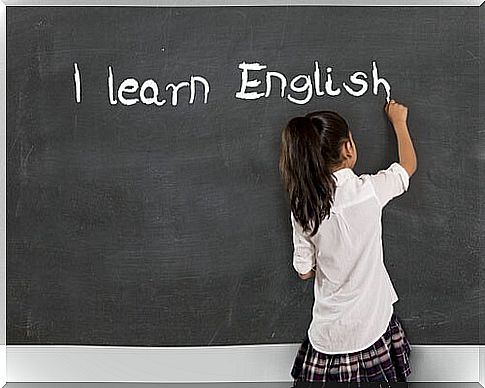
Another particular benefit is that your knowledge about other cultures grows. That is, their development in general is benefited by learning another language. In the same way, learning to speak another language will favor your communication process. If, for example, he learns English, your child will be able to communicate with people from all over the world, while having access to a greater amount of information and educational content.
Its often saying that it is never too late to learn. However, learning a second language will be more effective and easier until about 13 years of age. From this age, children lose the innate ability that we all have to acquire a language, so the learning process becomes more expensive. Just as children acquire their mother tongue when they are very young, learning another language will be less difficult at this stage. It is believed that even a third language can begin to be activated as babies who have not yet spoken.
It is true that experts say that children who learn more than one language as babies can have problems speaking. However, this drawback is part of the process; that is to say, word diversification takes a while, but finally it develops with efficiency and normality.
Expert considerations
Specialists have found that learning another language cannot be determined in a generalized way. For example, a child will naturally learn a different language if a close relative speaks to him in that language. Learning will be effective depending on how long you speak and listen to that language on a daily basis.
The study published by the EU explains that for learning to be more effective the greater the contact with the language. Not always the two weekly classes of another language will guarantee your learning. That is, the child will learn better when he is really living with that other language ; either spoken at home or through a fully bilingual education.
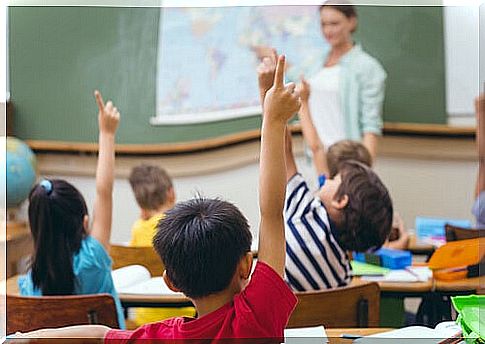
Some parents worry more about their children learning than about letting them grow up. It is common to make the mistake of believing that if the child stops studying English for a year, he will delay his learning. Babies are taught other languages in kindergartens, but this is not always the right way to learn.
The University of Barcelona carried out a study by means of which the level of English was calculated in children between 8 and 12 years old. The learning level of children who started at eight was compared with those who started at twelve. The result showed that the level was higher in older children.
In this sense, the way in which you learn must also change from one age to another. For example, when they are very young, children are like sponges, they learn everything around them. That is, for their correct learning they must grow within a community that handles the other language. Whereas when they are older, children learn better in an educational context.
Consequently, make sure that your child plays and has fun according to his age. Although they learn better as children, it all depends on the context you choose and the conditions in which you educate them.
